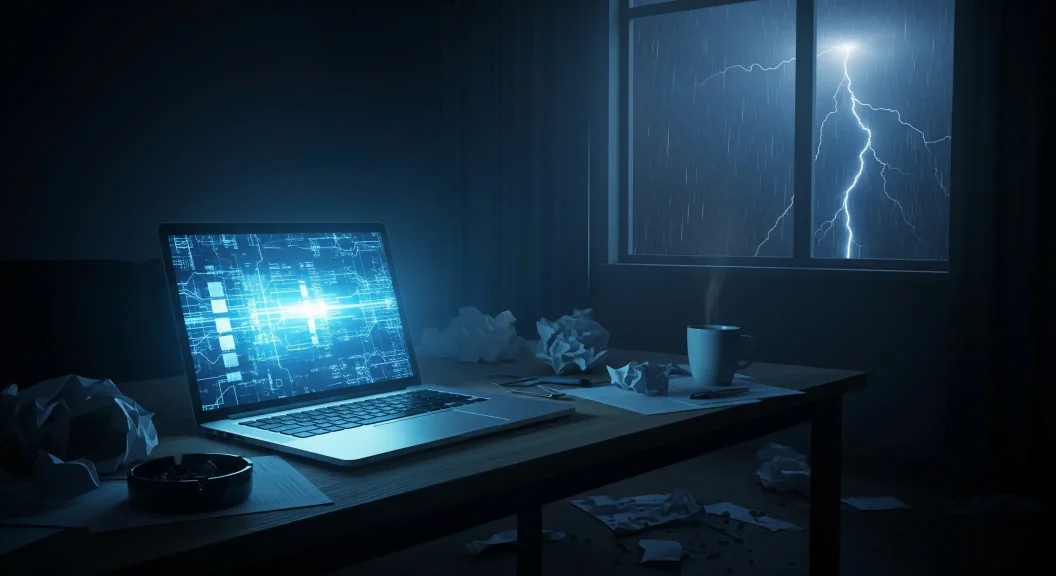While the diagnosis of insomnia is often based on your symptoms and sleep habits, sometimes your doctor may recommend diagnostic medical tests to get a clearer picture. In many cases, these additional tests are necessary to rule out other underlying medical conditions that could be causing your sleep problems, such as sleep apnea or restless legs syndrome, and to objectively assess the quality of your sleep.
Table of Contents
🔬 What is a Polysomnography (Sleep Study)?
The most comprehensive sleep test is a polysomnography (PSG), commonly known as a sleep study. This test is performed overnight in a specialized sleep laboratory and records various physiological parameters while you sleep. Sensors will monitor your brain activity (EEG), eye movements, muscle activity, and breathing. A PSG can be instrumental in detecting underlying sleep disorders like sleep apnea, where breathing repeatedly stops and starts, or periodic limb movement disorder.
⌚ How Actigraphy Tracks Your Sleep Patterns at Home
For a less invasive way to monitor your sleep over time, your doctor might suggest actigraphy. This test uses a portable, wrist-watch-like device called an actigraph that you wear for several days or weeks. The device records your physical movements, providing a detailed picture of your sleep-wake patterns in your natural home environment. Actigraphy is particularly useful for assessing how your daily activities and routines influence your sleep and for evaluating the effectiveness of treatments over time.
📝 The Role of Sleep Diaries and Questionnaires
Although it’s not a medical test in the traditional sense, keeping a sleep diary is one of the most helpful tools in diagnosing insomnia. Your doctor will likely ask you to record information such as when you go to bed, how long it takes you to fall asleep, how many times you wake up, and how you feel the next day. This log helps identify patterns and potential triggers for your insomnia. Additionally, you may be asked to fill out standardized sleep assessment questionnaires, like the Insomnia Severity Index (ISI), to help quantify the severity of your symptoms.
—
Rivero, Isabel M. Insomnia: Foods, Supplements & Herbs. Translated by Sara I. Afonso & Laura Mendoza, 2025.
More Topics
- What Are the Most Beneficial Foods and Beverages for Sleep?
- How Healthy Cooking Techniques Can Improve Your Sleep
- How to Use Nutritional Therapy to Combat Insomnia
- Which Foods and Beverages Should You Avoid for Better Sleep?
- What Are the Best Healing Foods for Insomnia?
- How to Practice Good Sleep Hygiene for Better Rest
- Answering Your Top Questions About Insomnia

